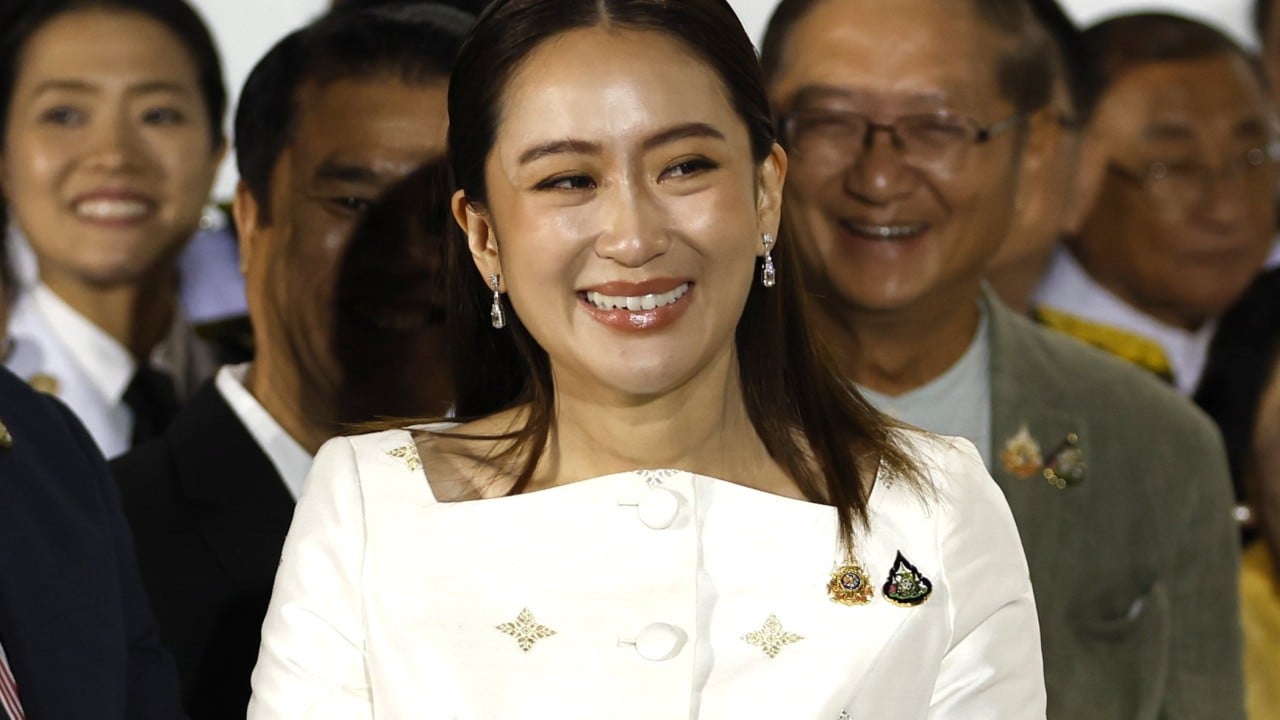Thailand’s key economic stimulus – almost $14 billion in cash payments to its citizens – will need further study to ensure compliance with the nation’s fiscal discipline law, newly appointed Prime Minister Paetongtarn Shinawatra said.
The change in economic condition is prompting further assessment and reviews, Paetongtarn, 37, told reporters Sunday. She was responding to reports that her father Thaksin Shinawatra is demanding that the new government drop the Pheu Thai party’s flagship policy during the election campaign last year.
Thaksin’s move was seen as a way to shield his daughter from any adverse fallout from the cash stimulus, which had become contentious even before it was implemented because of questions over funding. In 2017, a Thai court found former leader Yingluck Shinawatra, Thaksin’s sister, personally and criminally responsible for a policy to subsidise rice farmers.
“The digital wallet programme must also comply with the fiscal discipline law, the details of the programme must be clear with more opinions” from other parties including coalition partners, Paetongtarn said. Still, her Pheu Thai party views the programme as the major stimulus for the Thai economy, she said.
Paetongtarn, who received a formal endorsement on Sunday from Thailand’s King Maha Vajiralongkorn to become the country’s youngest prime minister, denied reports that Thaksin demanded the abandonment of the programme.
The cash handout was a key campaign promise of the Thaksin-backed Pheu Thai party and the centrepiece of a push to help the economy grow annually at 5%. Yet disagreements, including with the central bank and some lawmakers over how the massive stimulus will be financed – as well as the effect on inflation – have delayed its implementation.
The next administration will probably roll out more direct stimulus measures to replace the broad handout, local media reported.


